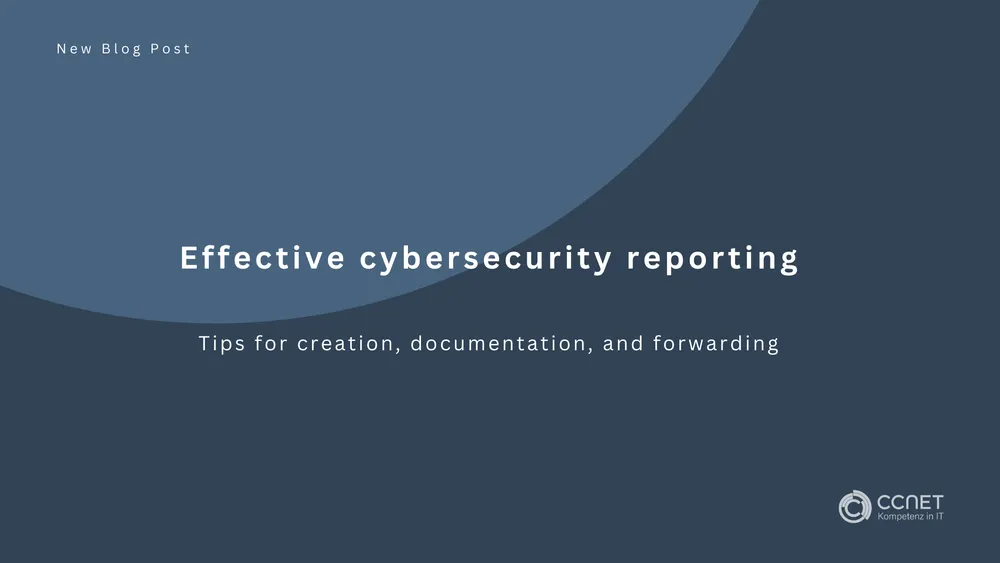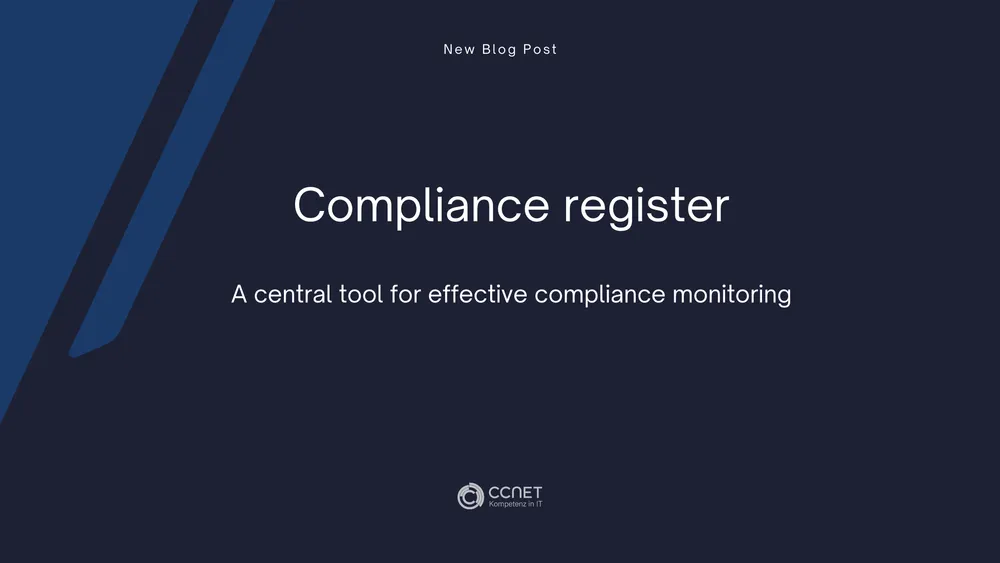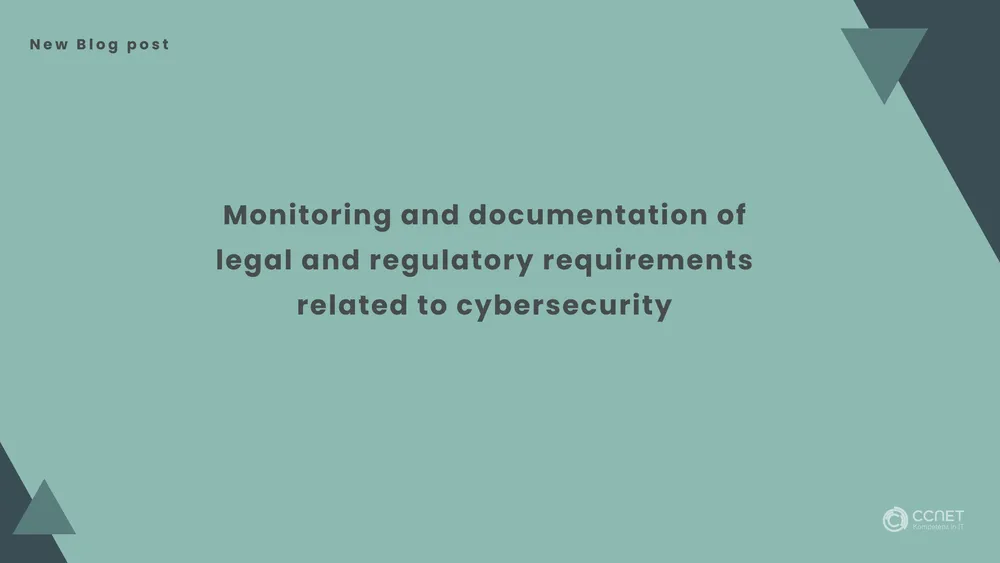
CCNet
Dec 27, 2023 • 2 min read

The Risks of Non-Compliance with the NIS2 Directive
The non-compliance with the NIS2 Directive (Network and Information Systems Directive 2) within the European Union poses significant risks for companies. This directive was developed to strengthen cybersecurity in the EU and obligate companies to take appropriate security measures to protect their networks and information systems. This article will provide a more detailed examination of the various risks and consequences of non-compliance with the NIS2 Directive.
Further information can be found here: IT-Consultation
Cybersecurity Risks
The most obvious and immediate risk factor of non-compliance with the NIS2 Directive is an increased vulnerability to cyberattacks. Companies that do not implement the required security precautions are more susceptible to hackers, malware, and other digital threats. This can lead to serious consequences, including data losses, operational disruptions, and potentially the loss of sensitive company data. These attacks can not only cause financial damage but also significantly impact the company's reputation and image.
Legal and Financial Consequences
The NIS2 Directive imposes severe legal and financial consequences on companies that violate it. In case of violations, fines can be imposed, which can amount to up to 20 million euros or 2% of the global annual turnover. These fines can be devastating for companies of any size and even threaten the existence of a business. Smaller and medium-sized enterprises (SMEs) could be particularly affected by the financial consequences.
Furthermore, violations of the NIS2 Directive can also have legal repercussions, leading to the company being taken to court, incurring additional legal costs, and potentially facing damage claims.
Management Liability
The NIS2 Directive establishes that the management of a company is personally responsible for compliance with the directive. This means that members of the management can be held personally liable if the company does not adhere to the NIS2 Directive. This has serious personal financial consequences, including potential fines and liability claims. This underscores the importance of NIS2 compliance at the highest management level.
Loss of Trust
Another serious risk associated with non-compliance with the NIS2 Directive is the loss of trust from customers, partners, and investors. In a time when data breaches and cyberattacks are becoming increasingly common, trust in a company's ability to protect its own and its customers' information is crucial. If a company cannot ensure this security, it can result in a massive loss of trust.
Customers may hesitate to do business with a company that does not take the necessary security measures to protect their data. Business partners may question collaboration, and investors may withdraw. This can have long-term consequences on business relationships and the company's image.
Conclusion
Non-compliance with the NIS2 Directive is associated with significant risks, ranging from financial losses to legal issues to the loss of trust. Companies should recognize the importance of this directive and take the necessary steps to ensure compliance. This includes implementing adequate security measures, training staff, reviewing and updating security policies and procedures, as well as regularly monitoring and evaluating cybersecurity. Compliance with the NIS2 Directive should not be seen as an optional task but as an essential duty to ensure the integrity and success of a company.


